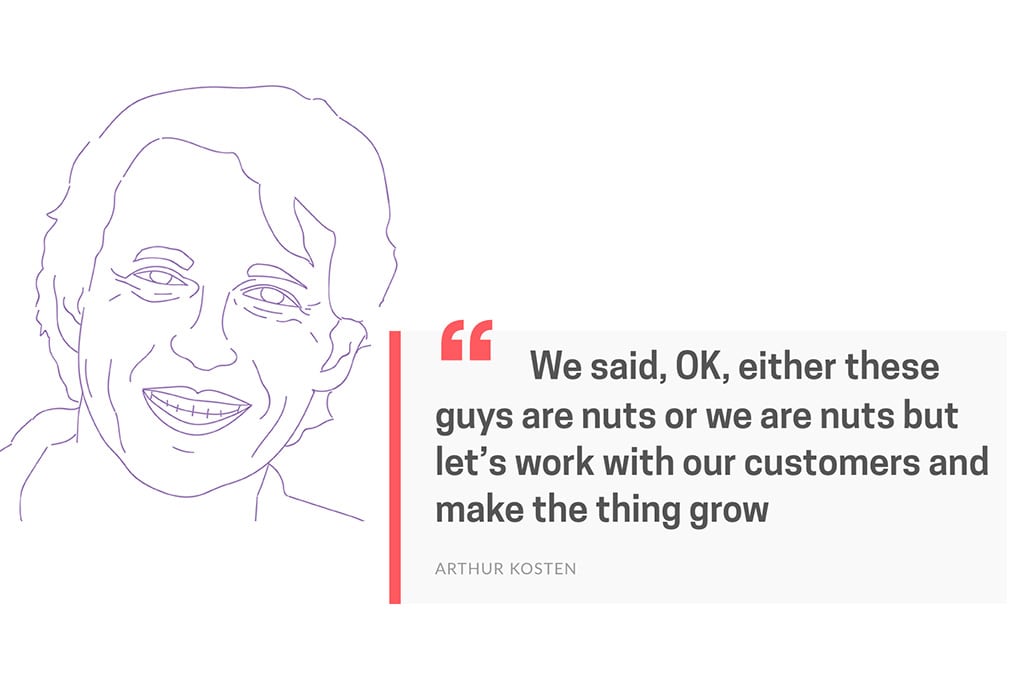Oral History of Online Travel: Booking.com Succeeds Despite Doing It 'Wrong'

Skift Take
Booking.com rode the agency model, which is attractive for its lack of complexity in forging online travel agency-hotel relationships and consumer-friendliness, into the growth engine of a $68 billion business. Its executives did so by ignoring the trendiness of the crowds and sticking to their own beliefs and vision.
Earlier this week we launched our largest project yet, The Definitive Oral History of Online Travel.
In nearly 40,000 words founders, CEOs, other executives and insiders tell a story in their own words about the creation of Internet giants such as Expedia, Priceline, Orbitz, TripAdvisor, and more. Not everything fit in the big story so we are publishing standalone stories that offer deeper insight into information we collected during the three-month research process.
In Spring 2003, Arthur Kosten and Kees Koolen of Bookings B.V. were feeling bullish about their prospects because their company had just acquired a fast-growing hotel-reservations site, Bookings.nl, from its founder, Geert-Jan Bruinsma.
Koolen, who would become CEO of Booking.com in 2008 under Priceline Group ownership, and Kosten, who was CMO in 2003, were feeling on top of the world when they flew from Europe to attend the PhoCusWright executive conference in Orlando November 17 to 18, 2003.
But the conference quickly -- although temporarily -- shattered their optimism because they learned that Bookings' business model, which had travelers paying at the hotel, was totally backward and retro.
As part of The Definitive Oral History of Online Travel, which Skift published earlier this week, Kosten recounted how all the buzz at the conference was how the prepay, merchant model for hotels and dynamic packaging would take over t

